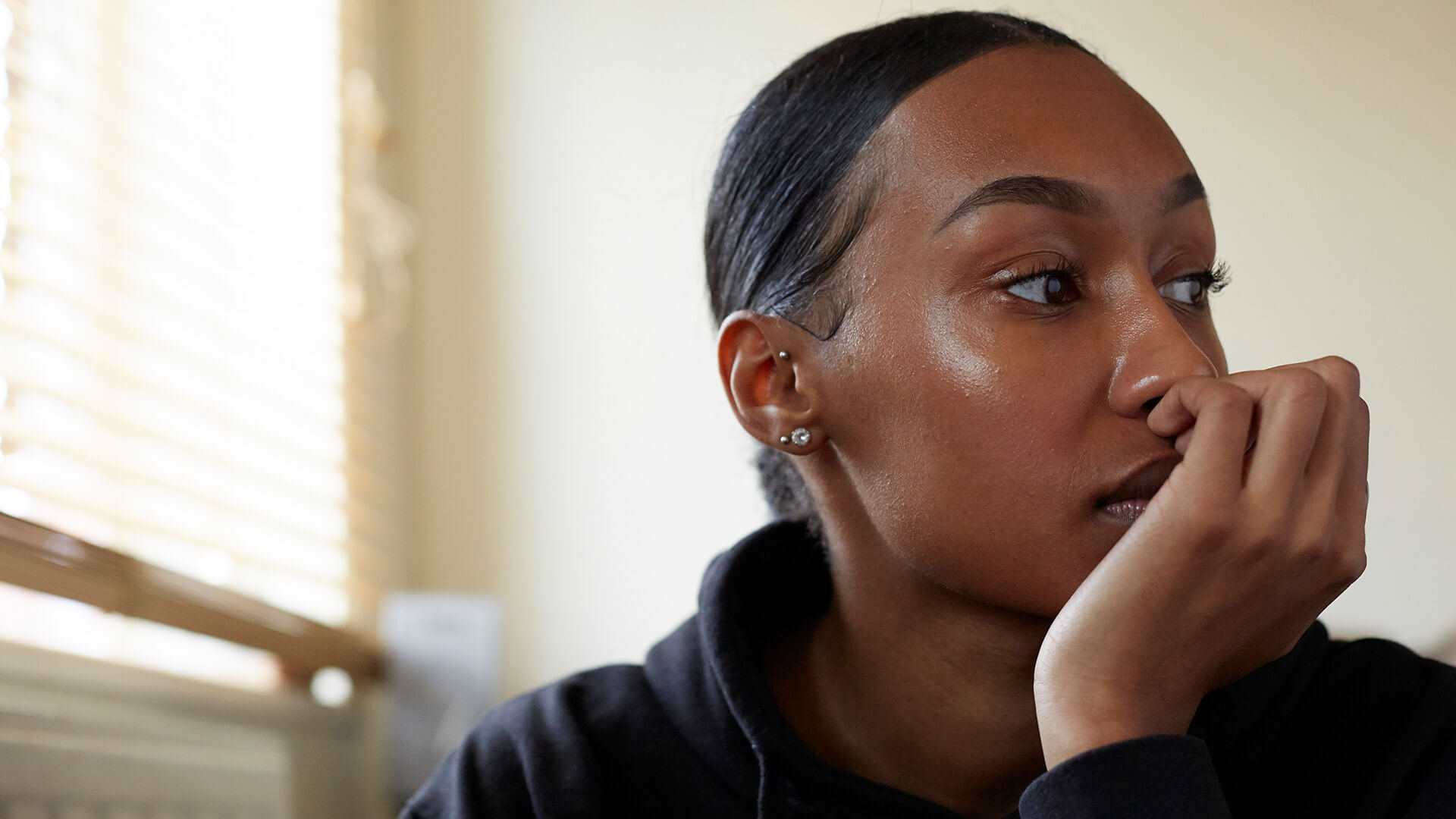What are the signs of being addicted to a medication?
Being addicted means not having control over doing, taking or using something harmful.
Addiction can occur when someone repeatedly uses or misuses certain substances (which can include alcohol, street drugs or prescription medications) over a long period of time.
You can also become addicted to an action, such as gambling, shopping or having sex.
If you have become addicted to a drug, you may find that you:
- have an uncontrollable desire or craving to take the drug when the last dose ‘wears off’
- find that taking the substance or repeating the action gives you a reward (e.g. a feeling of wellbeing, often referred to as ‘a high’)
- find it difficult to stop taking the drug, even if you know it’s affecting your health, finances or relationships
- need more and more of the drug to get the same effects as time goes on (you develop a tolerance to the drug)
- prioritise taking the drug over other things in your life like friends and family, school and exams, socialising or hobbies that you used to enjoy
- experience withdrawal symptoms if you stop taking the drug (whether you reduce the amount of the drug or stop taking it altogether)
Common drugs and medicines people become addicted to include:
-
Nicotine
This is found in tobacco products and increases dopamine in parts of the brain's reward system by up to eight times the normal level.
-
Alcohol
This has effects on several systems in the brain and boosts the production of GABA and dopamine.
Antidepressant and antipsychotic medications aren’t thought to be addictive. You don't get cravings for them. The reason that you shouldn’t stop taking them suddenly is because this might lead to unpleasant withdrawal effects
Will I become addicted to mental health medication?

People often worry that they are going to get addicted to their mental health medication, especially when they are told that they shouldn’t stop taking their medication suddenly.
Antidepressant and antipsychotic medications aren’t thought to be addictive. You don't get cravings for them. The reason that you shouldn’t stop taking them suddenly is because this might lead to unpleasant withdrawal effects - this is known as a discontinuation reaction. It may also lead to a return of your original symptoms if treatment is stopped too soon.
The best way to stop taking a mental health medication is usually to do so gradually, giving the brain time to adjust to being without the medication. It can do this naturally and safely given time (the current recommendation is that medications are stopped over the course of six weeks or more). Do ask for help and advice from your doctor or pharmacist so you can stop taking your medication in the safest way.


